There’s a new option for patients whose depression is not alleviated by antidepressant medication and Dr. Scott West is proud to offer the FDA-cleared treatment to Nashville and Tennessee. Called NeuroStar TMS (Transcranial Magnetic Stimulation) Therapy® , the non-invasive therapy has been demonstrated to be effective and safe according to clinical studies. Depression impacts more than 14 million people Americans annually.
“When I decided to offer NeuroStar TMS Therapy, it was already being offered at several respected medical facilities including the Mayo Clinic and Johns Hopkins University Hospital,” said Dr. West, a psychiatrist with more than 25 years of medical experience who holds TMS certification from the International Society of Neurostimulation. “Through the years, I have seen many people with depression suffer because traditional treatments did now work for them. I was con dent that this therapy could help and wanted to make it more accessible to Tennessee patients.”
Patients being treated with TMS therapy do not require anesthesia or sedation and remain awake and alert during the 37-minute outpatient procedure. It is typically administered five days a week for four to six weeks while the patient is reclined in a dentist office-type chair. A treatment coil is placed on the patient’s head which allows the NeuroStar TMS to pulse MRI-strength magnetic fields into the prefrontal cortex, stimulating the part of the brain that regu- lates mood.
Since April 2010, Dr. West has provided more than 300 NeuroStar TMS therapy sessions. While all of his patients have bene ted to some degree, 80% of them have had depression symptoms go into remission.
“Depression is an illness that can severely limit function and quality of life. It is exciting to see the positive changes in patients with TMS therapy when traditional treatments have failed to provide help,” said Dr. West.
Nationwide, more than 100,000 TMS treatments have been performed with more than 3,000 patients. The most common side effect is generally mild to moderate scalp discomfort (where the coil rests next to the patient’s head), which dissipates once treatment is completed. NeuroStar® TMS has been recognized by CNN as one of the Top 10 Health Innovations of 2009; was selected by Popular Science as one of the “Best of What’s New” in Health (for 2009) and a “Tech Pioneer” by TIME magazine in 2010.
While the TMS therapy has not been shown to be effective for all patients, it has been included as an established treatment option in the American Psychiatric Association’s 2010 “Practice Guidelines for the Treatment of Patients with Major Depressive Disorder.”
Source: Who’s Who in Nashville & Williamson County

